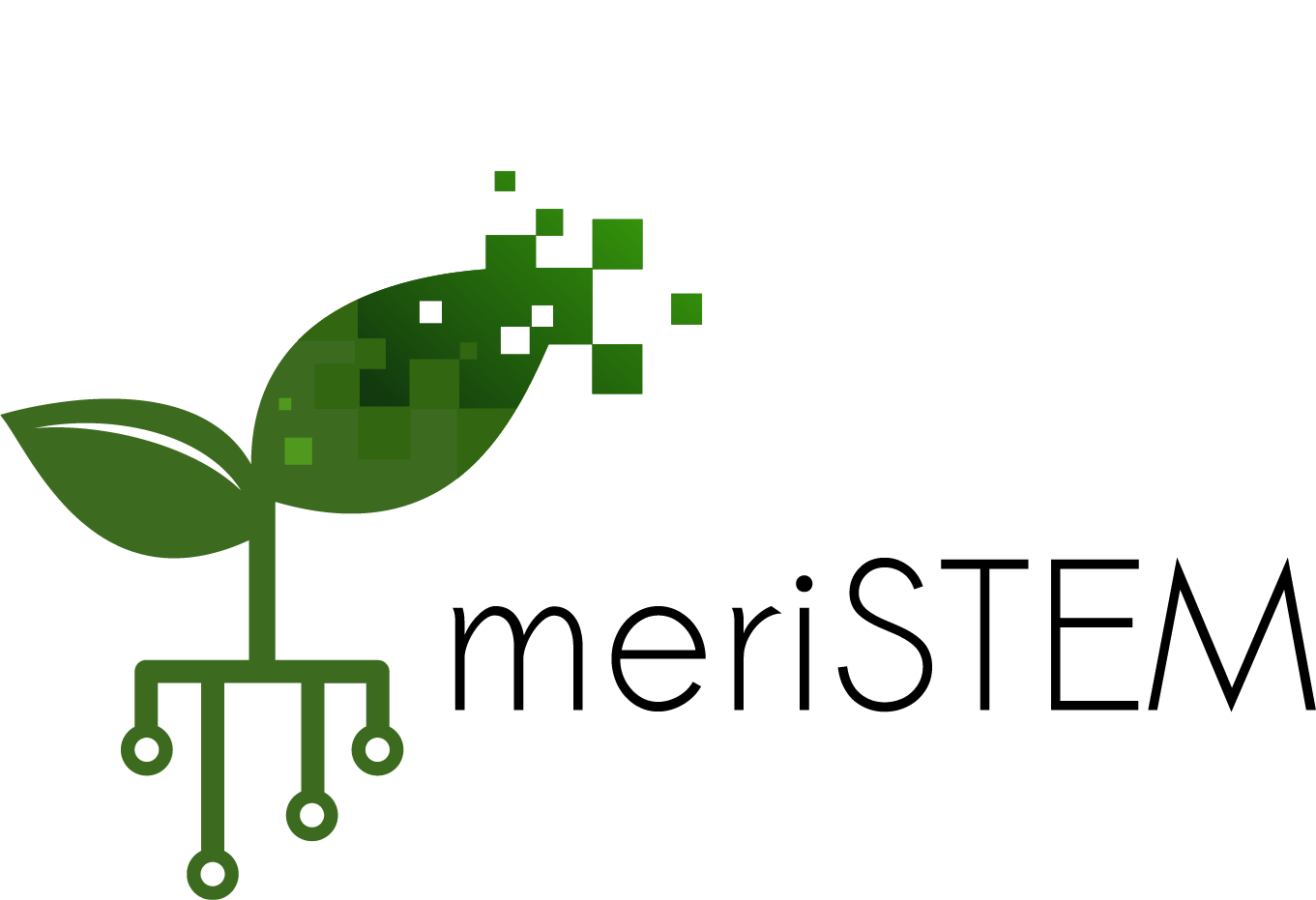Because using the flipped classroom approach can be different for students, more than ever it is important to be explicit about the whys, hows and how-tos. Evidence for Learning is an Australian education research group and they have 7 recommendations for metacognition and self-regulated learning in the classroom:
7 recommendations for teaching metacognition and self-regulated learning
Metacognition and self-regulation can be encouraged by getting learners to explicitly think about their learning, through teaching specific strategies for planning, monitoring and evaluating their academic progress. Learning techniques that encourage metacognition and self-regulation are impactful on students’ learning, adding up to seven months’ worth of learning progress.
Evidence for Learning in collaboration with the Education Endowment Foundation (UK) has created a Guidance Report on ‘Metacognition and self-regulated learning’. Based on the best available research, the Guidance Report offers seven practical evidence-based recommendations that can be applied for all year levels. They are:
- Teachers should acquire the professional understanding and skills to develop their students’ metacognitive knowledge.
- Explicitly teach students metacognitive strategies, including how to plan, monitor, and evaluate their learning.
- Model your own thinking to help students develop their metacognitive and cognitive skills.
- Set an appropriate level of challenge to develop students’ self-regulation and metacognition.
- Promote and develop metacognitive talk in the classroom.
- Explicitly teach students how to organise, and effectively manage their learning independently.
- Schools should support teachers to develop their knowledge of these approaches and expect them to be applied appropriately.
In addition to the recommendations, this Guidance Report also aims to debunk four misconceptions or myths around metacognition. They are:
- Metacognition is only developed in older students.
- Metacognition is a general skill that can be separated from subject knowledge.
- Metacognition represents ‘higher order’ thinking and is therefore more important than mere cognition or subject knowledge.
- You can easily teach metacognitive knowledge and strategies in discrete ‘thinking skills’ lessons.
Read more on the Evidence for Learning website.
